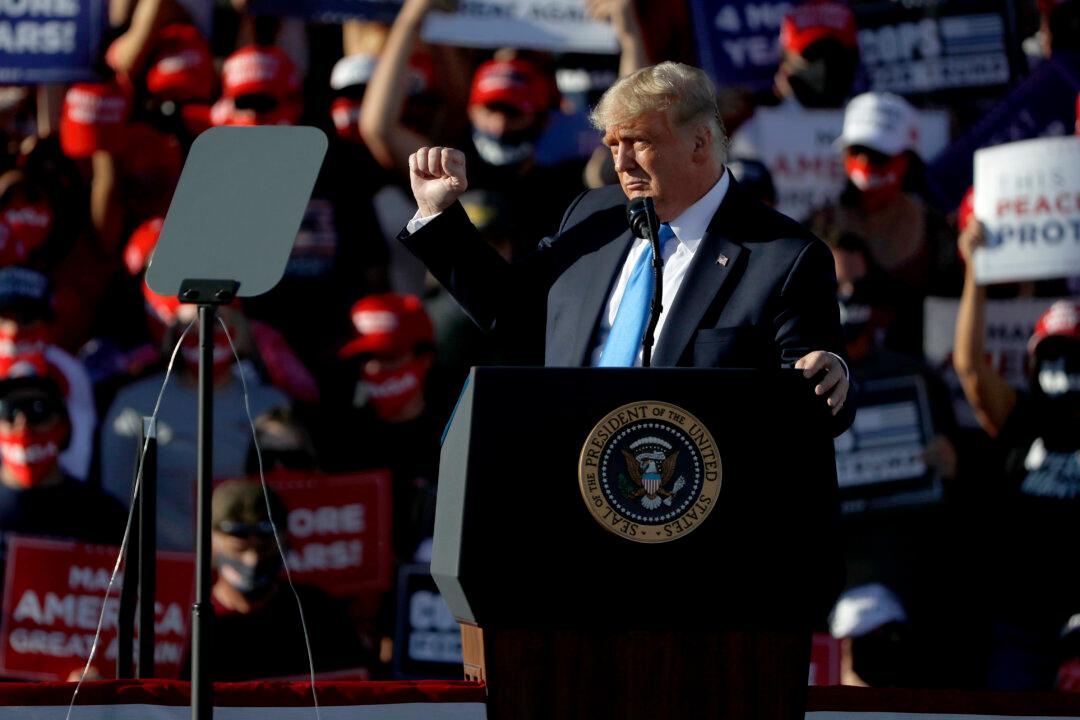Commentary
As arguably the most astonishing election campaign in American history comes into its last two weeks, many Americans and many foreign observers of the United States are wondering how the politics of the country became so disheveled.

As arguably the most astonishing election campaign in American history comes into its last two weeks, many Americans and many foreign observers of the United States are wondering how the politics of the country became so disheveled.